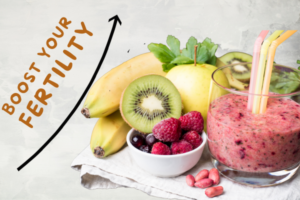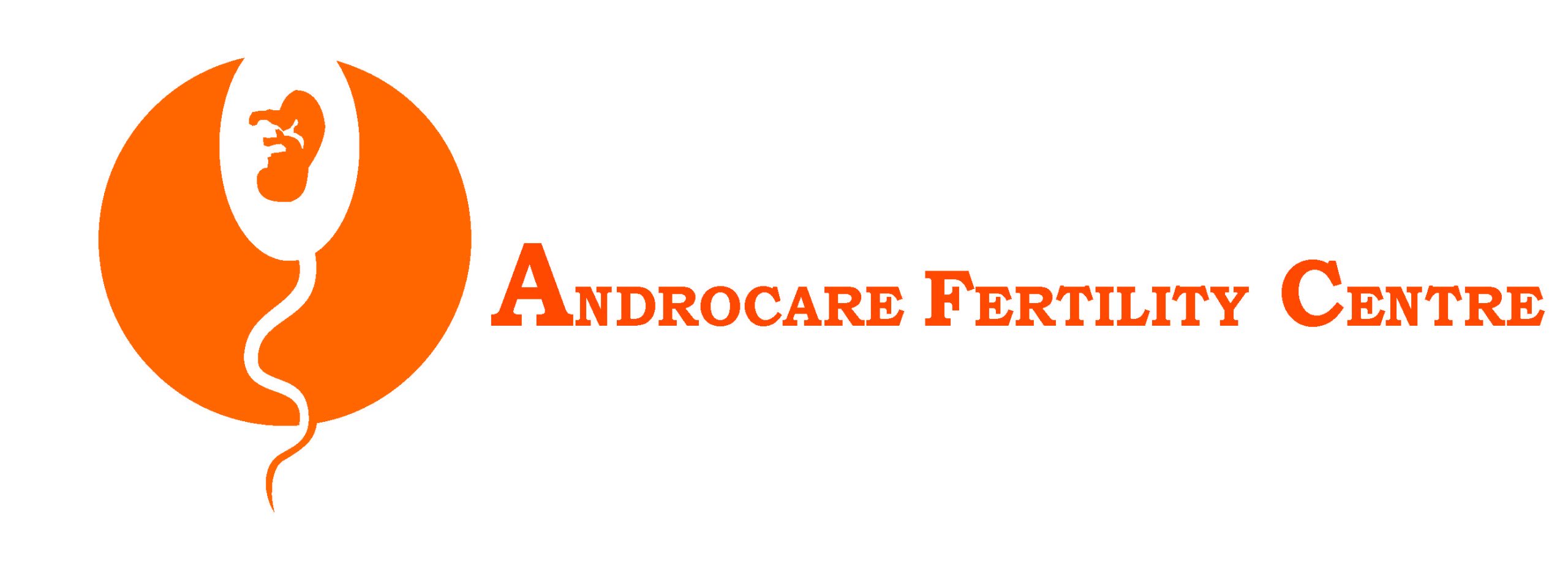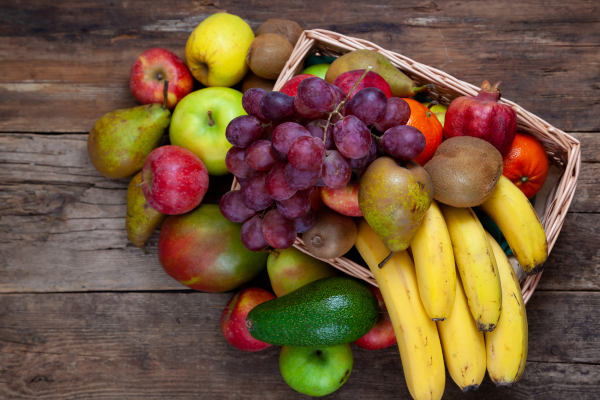Nature’s Bounty: 10 Top Fruits That Boost Fertility
Introduction
Are you and your partner on the exciting journey of trying to conceive? If so, incorporating fruits that boost fertility into your diet could significantly increase your chances of starting a family. Fruits are not just delicious snacks; they are nature’s powerhouses, brimming with essential nutrients that support reproductive health in both men and women.
From juicy berries bursting with antioxidants to tropical delights rich in vitamins, the world of fruits offers a vibrant array of options to enhance fertility naturally. As you navigate the maze of fertility advice and recommendations, know that nourishing your body with an abundance of fruits can be a game-changer in your conception journey.
Whether you’re aiming to optimize sperm health or promote egg quality, the vitamins, minerals, and antioxidants found in various fruits play a crucial role in nurturing reproductive wellness. So grab that succulent peach or blend up a refreshing smoothie packed with fertility-boosting ingredients
They are packed with vitamins, minerals, and antioxidants that can help improve fertility. When it comes to fertility, both men and women need to ensure they are getting the right nutrients to support reproductive health. Fruits offer a natural and delicious way to boost fertility by providing the body with essential vitamins and minerals.
The Role of Antioxidants in Fertility
Antioxidants play a crucial role in fertility as they protect the body from free radicals that can damage cells and DNA. Free radicals are unstable molecules that can cause oxidative stress, leading to infertility issues such as poor sperm quality or egg health problems.
In men, antioxidants have been shown to improve sperm quality by reducing oxidative stress levels. This is important because high levels of oxidative stress can lead to DNA damage in sperm cells, affecting their ability to fertilize an egg successfully.
Similarly, women also benefit from antioxidants as they help reduce oxidative stress in the reproductive system. Oxidative stress has been linked to conditions such as endometriosis and polycystic ovary syndrome (PCOS), which can negatively impact fertility.
Top Fruits That Boost Fertility
Nature provides fertility-boosting fruits rich in nutrients and antioxidants, supporting reproductive health and conception. Discover their benefits.
1) Pomegranate: A Superfood for Fertility
Pomegranate is considered a superfood for fertility due to its high antioxidant content. It has been shown to improve sperm quality and motility while reducing inflammation in the reproductive organs.
2) Blueberries: The Benefits of Blueberries for Fertility
Blueberries are rich in antioxidants, specifically anthocyanins, which have anti-inflammatory and anti-cancer properties. Antioxidants can improve reproductive health for both men and women by reducing oxidative stress. For men, antioxidants can improve sperm quality, while for women, they can improve ovulation and overall reproductive health.
However, consuming antioxidant-rich foods alone is not a standalone solution for fertility issues, as fertility is influenced by various factors. Incorporating blueberries into one’s diet can contribute to better reproductive health as part of a holistic approach that includes medical consultation and healthy lifestyle choices.
3) Pineapple: A Delicious Fertility Booster
Pineapple has both taste and health benefits, including potential fertility enhancement due to the presence of bromelain, an enzyme with anti-inflammatory and anti-coagulation properties. Pineapple’s anti-inflammatory aspect may help reduce inflammation in the reproductive system, while proper digestion is crucial for optimal nutrient absorption, hormonal balance, and reproductive health.
Pineapple may indirectly offer stress reduction benefits by contributing to overall well-being and stress management. However, pineapple should be consumed in moderation due to its high sugar and acidic content.
Fertility is influenced by numerous factors, so individuals facing challenges with conception should consult healthcare professionals for personalized advice and treatment options.
4) Citrus Fruits: The Power of Citrus Fruits in Fertility
Citrus fruits are rich in vitamin C, which can enhance fertility for both men and women. Vitamin C improves sperm quality, reduces oxidative stress that can damage eggs, regulates hormone levels, boosts the immune system, helps with iron absorption, and provides overall nutritional support.
While incorporating citrus fruits into one’s diet can potentially enhance fertility, a holistic approach to health is recommended for those trying to conceive.
5) Kiwi: A Nutrient-Packed Fruit for Fertility
Kiwi is a fruit that is rich in nutrients and can help enhance fertility. It contains high levels of vitamin C, which can improve sperm quality and protect sperm DNA from oxidative damage. Vitamin E, another antioxidant found in kiwi, can improve sperm motility and function in men and improve the health of the reproductive system in women.
Folate, also abundant in kiwi, is essential for both men and women when trying to conceive. Incorporating kiwi into one’s diet can be a delicious and natural way to boost intake of these key nutrients and support reproductive health. However, a balanced diet combined with a healthy lifestyle is essential for optimal reproductive health.
6) Mango: A Tropical Fruit for Fertility
Mangoes are rich in vitamins and antioxidants that can improve reproductive health for both men and women. Vitamin C can improve sperm quality and reduce the chance of miscarriage and chromosomal problems in women. Vitamin E protects sperm cells from oxidative stress and enhances the uterine lining’s health for embryo implantation.
Beta-carotene improves sperm quality in men and maintains hormonal balance in women. The antioxidants in mangoes can neutralize free radicals that damage gametes, potentially improving fertility outcomes. However, overall dietary patterns, lifestyle choices, and underlying medical conditions also play critical roles in fertility.
A balanced diet rich in fruits, vegetables, whole grains, lean proteins, and healthy fats is key to supporting reproductive health along with regular physical activity and avoiding harmful substances like tobacco and excessive alcohol.
7) Bananas: The Benefits of Bananas for Fertility
Bananas are a nutritious

fruit that can potentially impact fertility, particularly in men. They are rich in vitamin B6, which helps regulate hormones and improve sperm quality. Bananas also contain dietary fiber for digestive health, tryptophan for stress reduction, antioxidants for reducing oxidative stress, and nutrients like vitamin C, manganese, and potassium for overall health.
However, fertility is influenced by many factors, and bananas should not be seen as a standalone solution for fertility issues. Couples facing fertility challenges should consult healthcare professionals for personalized advice.
8) Apples: A Nutritious Fruit for Fertility
Apples are a nutritious fruit that can positively impact fertility in both men and women. They contain antioxidants, such as vitamin C and quercetin, which can reduce oxidative stress and improve sperm quality and motility in men, and mitigate the effects of oxidative stress on egg quality and hormonal balance in women.
Apples also contain dietary fiber, which aids digestion and helps maintain a healthy weight, important for fertility. The anti-inflammatory properties of apples may also support reproductive health by reducing chronic inflammation. However, diet is just one factor that can affect fertility, and couples experiencing difficulty conceiving should consult healthcare professionals for personalized advice and treatment options.
9) Grapes: A Sweet Fertility Booster
Grapes, especially dark-colored ones, contain antioxidants that can combat oxidative stress and improve the health of sperm cells. This can lead to improved sperm count, motility, and morphology, which are important for male fertility.
Grapes may also promote improved blood flow to reproductive organs, which is crucial for erectile function. While incorporating grapes into one’s diet can be beneficial for reproductive health, a balanced diet with a variety of fruits, vegetables, whole grains, lean proteins, and healthy fats is essential for overall well-being and fertility.
Consulting with a healthcare provider is recommended for personalized advice and treatment options regarding fertility or reproductive health concerns.
10) Papaya: A Fruit Rich in Fertility-Boosting Nutrients
Papaya is a fruit that has many health benefits, including improving fertility in both men and women. The antioxidants in papaya can protect sperm DNA from damage and reduce oxidative stress in women. Papain, an enzyme in papaya, aids digestion and nutrient absorption, which supports hormonal balance and reproductive health.
Papaya’s anti-inflammatory properties can also reduce inflammation levels that negatively impact fertility. Additionally, papaya is a good source of fiber, which helps maintain a healthy weight that affects hormone levels and fertility.
However, it’s important to remember that fertility issues can be complex and multifactorial, so it’s best to consult with a healthcare provider or fertility specialist for personalized advice.
Conclusion
In conclusion, incorporating these top fruits into your diet can help improve fertility and increase your chances of conceiving. Fruits such as bananas, citrus fruits, berries, and pomegranates are rich in nutrients that promote reproductive health by improving egg quality, regulating hormones, reducing inflammation, and enhancing sperm health.
These fruits also contribute to overall health and well-being by boosting the immune system, improving digestion, enhancing heart health, and uplifting mood.
A balanced diet combined with regular exercise, adequate sleep, stress management techniques and regular medical check-ups can all contribute to improving fertility.
Remember to consult with a healthcare professional or nutritionist to ensure you are meeting your specific dietary needs while trying to conceive.

